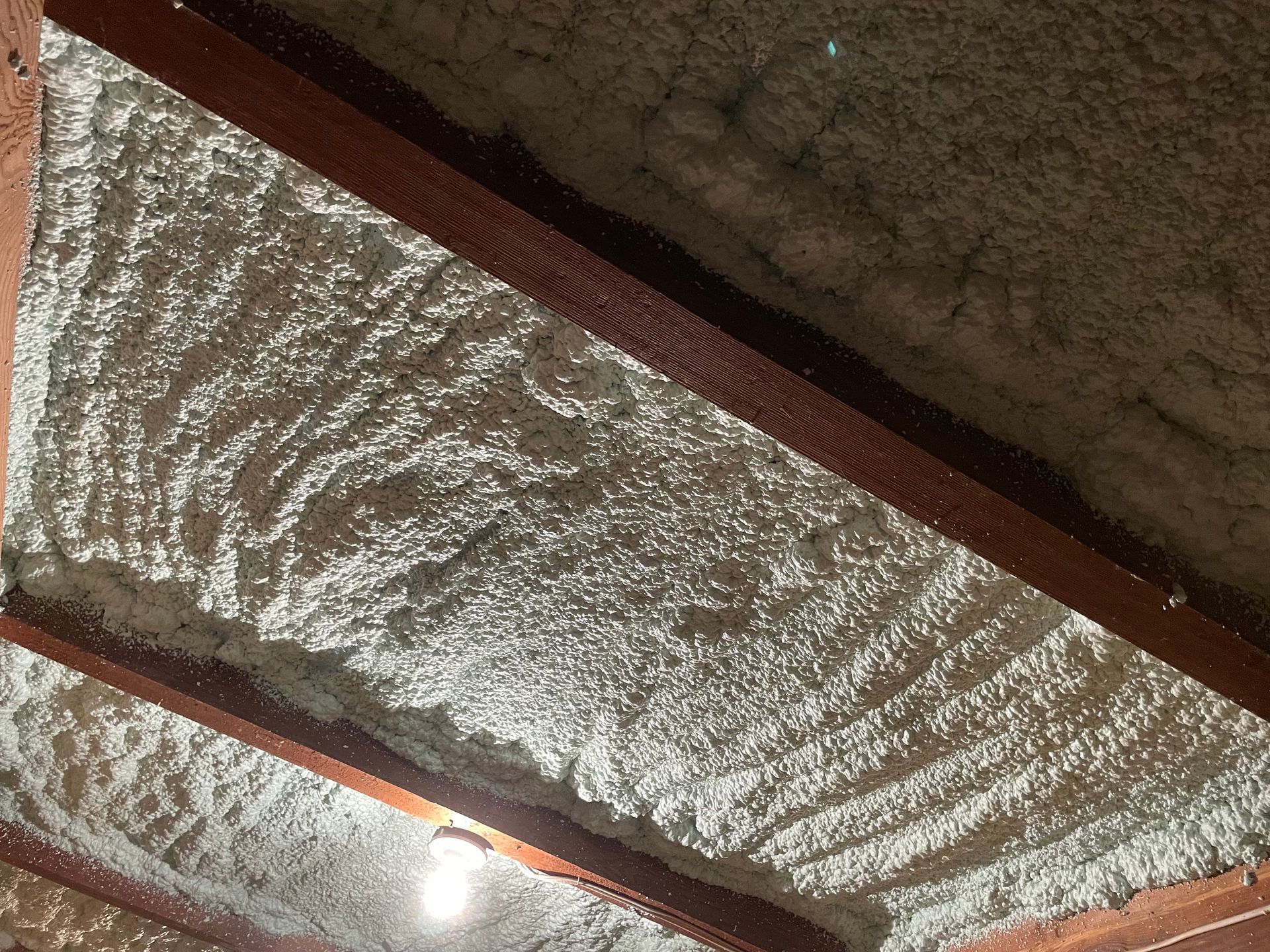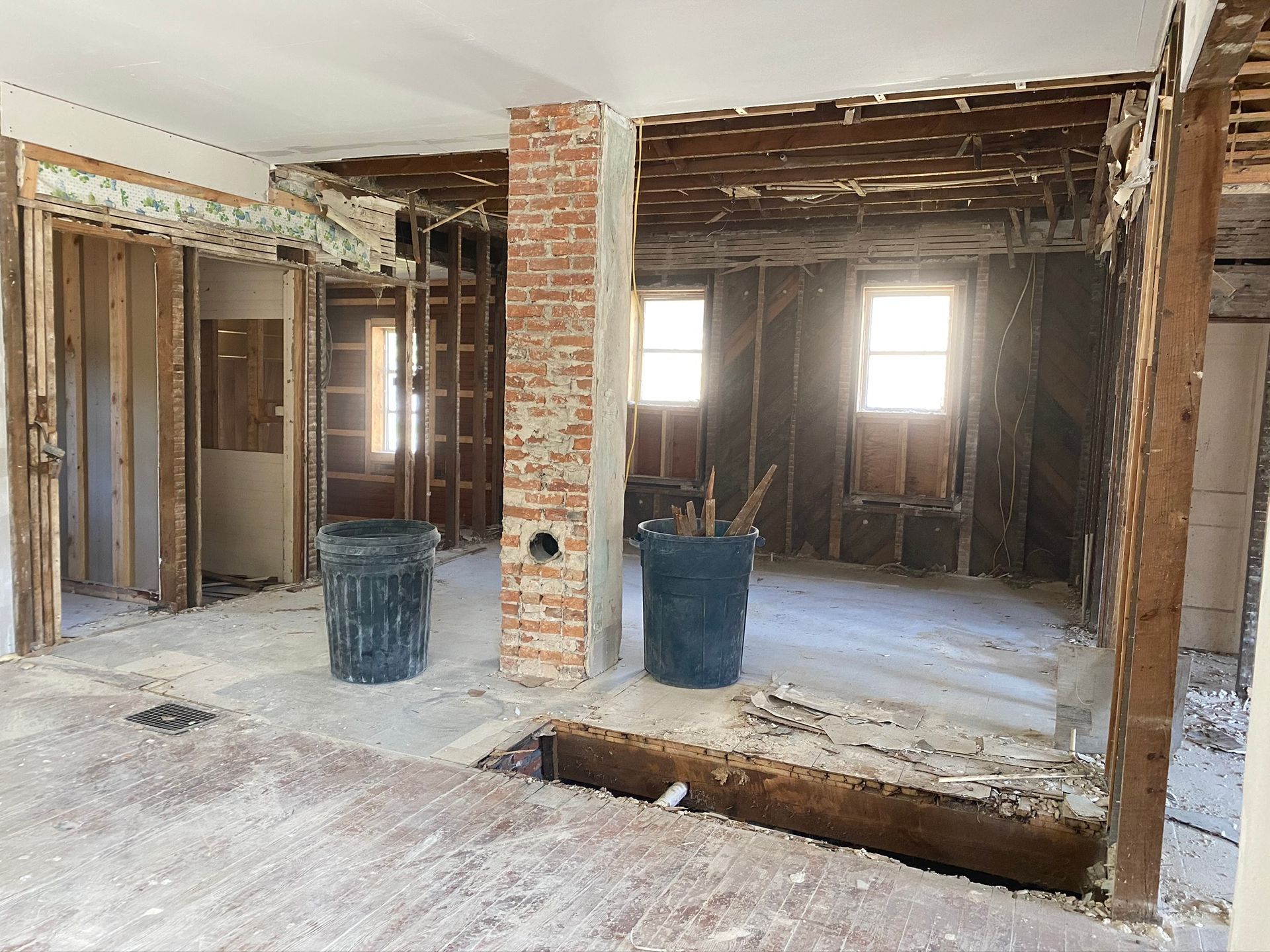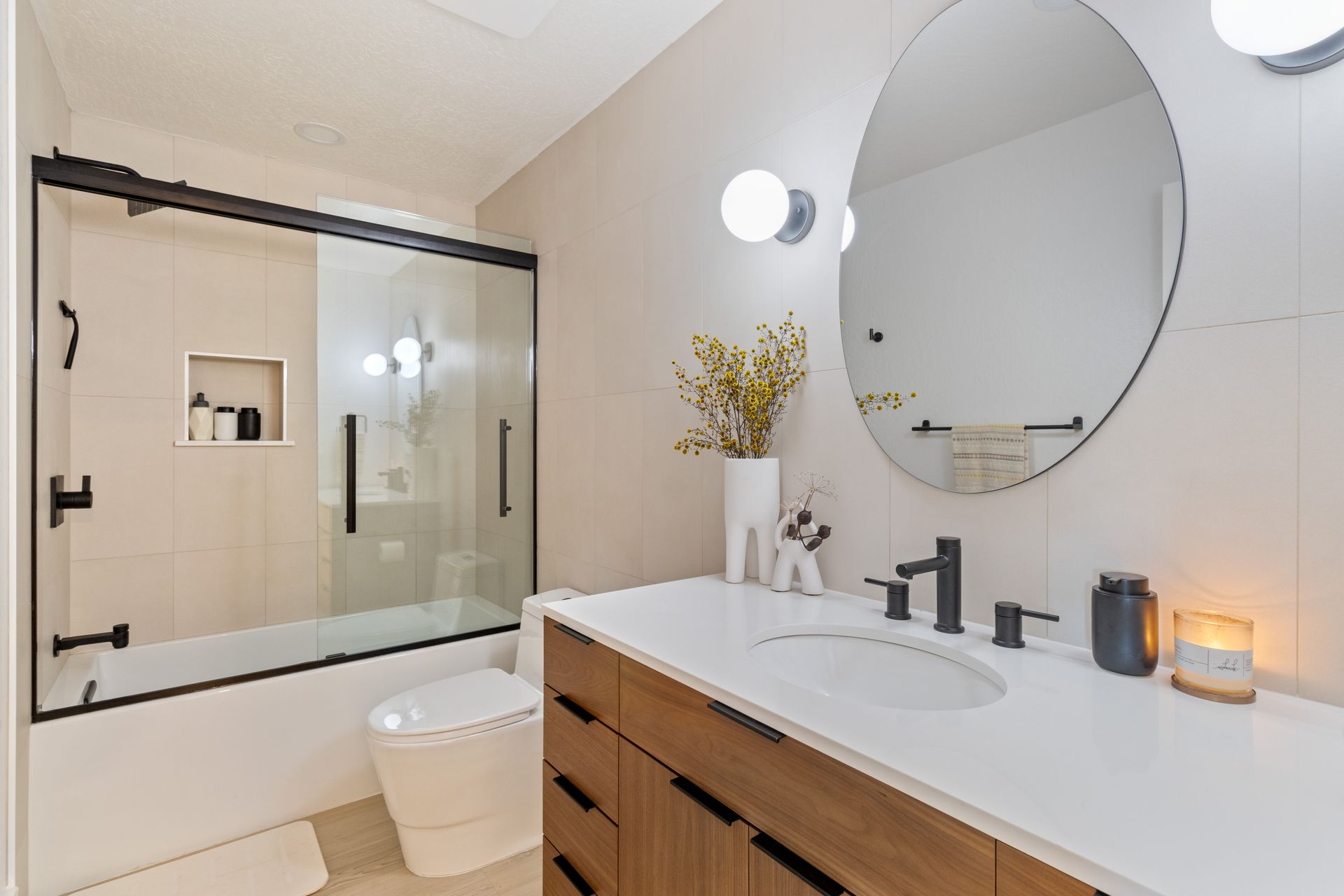You’ve chosen a terrific way of integrating images and text into your website. Move the image anywhere you want in this container and the text will automatically wrap around it. You can display events team members new products and more easily and creatively. To start add an image from the Image Picker and edit it as you would edit any image in the system. For example you can link the image to existing pages in your site a website URL a popup or an anchor. After you’ve chosen the image add your text. You can add text that describes the image you’ve selected or simply use the image for decorative purposes. \nYou’ve chosen a terrific way of integrating images and text into your website. Move the image anywhere you want in this container and the text will automatically wrap around it. You can display events team members new products more easily and creatively. To start add an image from the Image Picker and edit it as you would edit any image in the system. For example you can link the image to existing pages in your site a website URL a popup or an anchor. After you’ve chosen the image add your text. You can add text that describes the image you’ve selected or simply use the image for decorative purposes.
Contact Us
We will get back to you as soon as possible.
Please try again later.

Spray foam insulation benefits

In the realm of home improvement, insulation often takes a backseat to more visible upgrades like new countertops or fresh paint. However, the impact of insulation on comfort, energy efficiency, and sustainability cannot be overstated. Among the various insulation options available, spray foam insulation stands out as a transformative solution offering a myriad of benefits for homeowners. Let's delve into why spray foam insulation is gaining popularity and how it can revolutionize your living space.
First and foremost, spray foam insulation boasts unparalleled sealing properties. Traditional insulation materials like fiberglass or cellulose often leave gaps and crevices through which air can infiltrate, compromising energy efficiency and indoor comfort. In contrast, spray foam insulation is applied as a liquid, expanding to fill every nook and cranny before hardening into a solid, airtight barrier. This seamless coverage effectively prevents drafts and heat loss, ensuring consistent temperatures throughout your home and reducing the workload on your heating and cooling systems.
Moreover, the superior insulation provided by spray foam extends beyond temperature control. Its high R-value per inch means that even thin layers can offer significant thermal resistance, enabling you to achieve optimal comfort levels with minimal material thickness. This feature is particularly advantageous in tight or unconventional spaces where traditional insulation may be impractical or insufficient.
Another notable benefit of spray foam insulation is its moisture resistance. By creating a moisture barrier, spray foam helps mitigate the risk of mold growth, rot, and other moisture-related issues that can compromise indoor air quality and structural integrity. This moisture resistance makes spray foam an ideal choice for areas prone to humidity, such as basements, crawl spaces, and bathrooms, where traditional insulation materials may succumb to moisture infiltration over time.
In addition to its thermal and moisture-resistant properties, spray foam insulation offers soundproofing benefits, dampening noise transmission between rooms and from exterior sources. Whether you're seeking tranquility in your home office or hoping to muffle the rumble of traffic outside your bedroom window, spray foam can help create a quieter, more peaceful living environment.
Furthermore, spray foam insulation contributes to sustainability by reducing energy consumption and carbon emissions. By minimizing heat loss and lowering heating and cooling demands, spray foam helps homeowners shrink their carbon footprint while saving money on utility bills. Additionally, some spray foam formulations are made from renewable or recycled materials, further enhancing their eco-friendly credentials.
Beyond its practical advantages, spray foam insulation also delivers long-term value by enhancing the durability and longevity of your home. Unlike traditional insulation materials that may degrade or settle over time, spray foam maintains its integrity for decades, providing enduring protection and performance. This durability translates to fewer maintenance requirements and potential savings on future repair or replacement costs.
In conclusion, spray foam insulation offers a comprehensive suite of benefits that elevate it above traditional insulation options. From its unmatched sealing capabilities and thermal efficiency to its moisture resistance, soundproofing qualities, and environmental sustainability, spray foam represents a wise investment in the comfort, durability, and energy performance of your home. Whether you're building a new house, renovating an existing property, or simply seeking to improve your living environment, consider the transformative potential of spray foam insulation.
Send us a message
Contact Us
Thank you for contacting us.
We will get back to you as soon as possible.
Please try again later.
Contact Us
Thank you for contacting us.
We will get back to you as soon as possible.
Please try again later.



